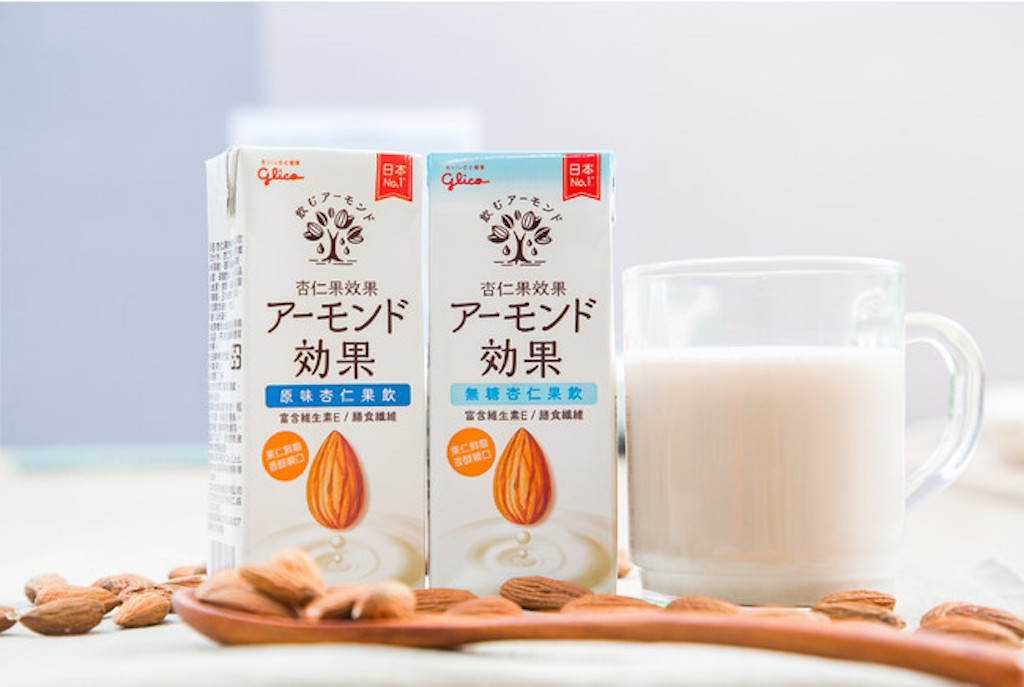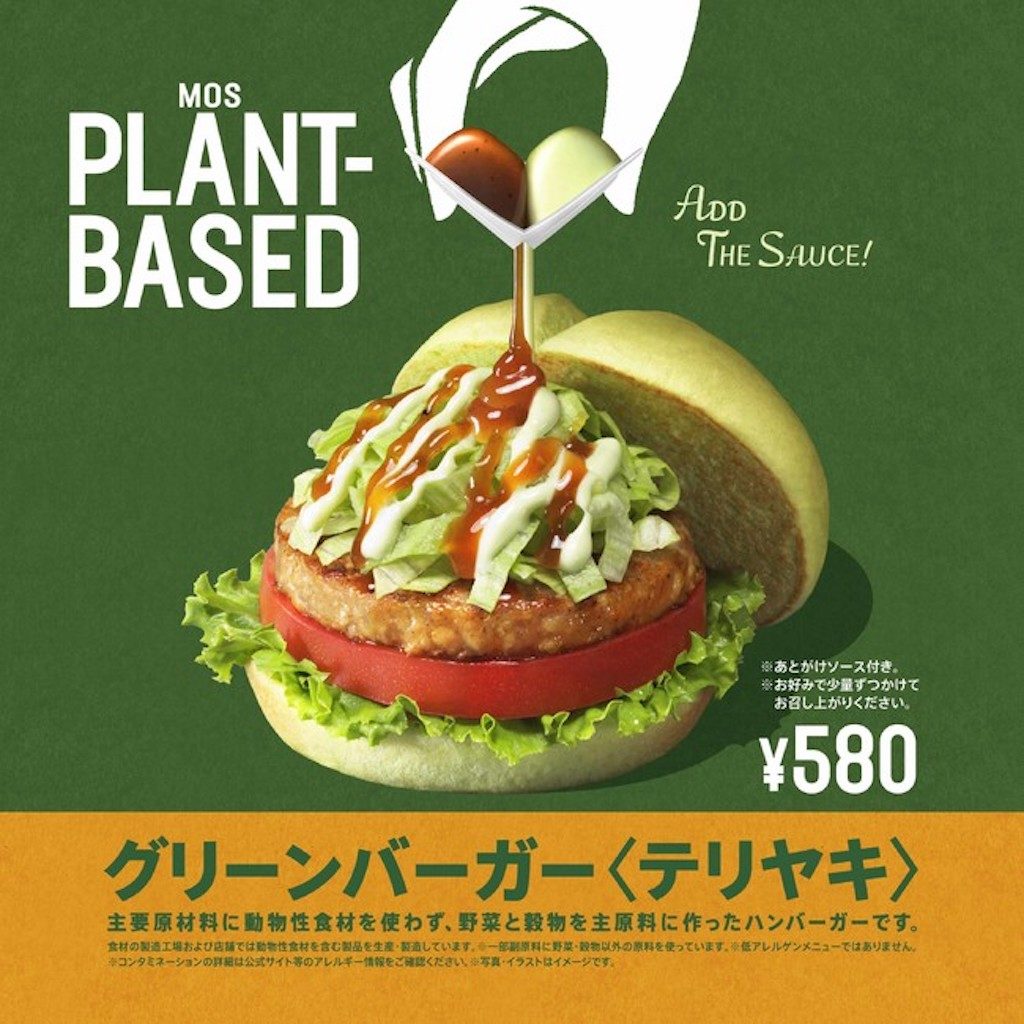10 Mins Read
The alternative protein market is taking-off in the land of the rising sun as consumers become more health and sustainability conscious, climate concerns flare up and the government looks to decarbonize.
Between 2019 and 2022 Japan’s plant-based product market alone is estimated to double in size, reaching a value of $271 million (¥36.9 billion). 2020 is known as “year one” for the alt protein industry in Japan- this is when the number of products on the market suddenly exploded. Big players and spritely startups launched product after product.
The momentum remained high in 2021. Innovators like NEXT MEATS really found their feet with products tailored to local tastes, and overseas players entered the market.
Mid-way through 2022, the category in Japan continues to grow. The number of alternatives has expanded to include seafood and eggs. The government is taking steps to tear the shackles off the alternative protein market. And cultivated protein looks like it will increasingly be on Japanese menus sooner rather than later. This is a whole lot of change to the food system of a country whose cuisine is designated as an Intangible Cultural Heritage by UNESCO.
In this article we unpack the alt protein market in Japan, revealing the key players, what consumers think, and the challenges and opportunities that lie ahead.
Japan’s traditionally plant-based diet opens up to alternatives
As much as 6% of Japan’s population identify as vegan or vegetarian according to expert research. Yet, the idea of eating “plant-based” is nothing new for the Japanese and has traditionally been central to the national diet.
For centuries, the Japanese didn’t eat meat for religious reasons. Instead, fish and plant products, like tofu and edamame, were the main source of protein. Even after it became acceptable to eat meat, Japanese consumers have continued to rely on diverse sources of protein, like soy, more so than in western diets.
Consumers’ familiarity with soy is one reason why plant-based meat has been accepted in Japan. Tofu and soy-milk have long been eaten as part of the varied Japanese diet. Other soy-based alternatives, such as meat, fit neatly into this existing pattern.
The reason for eating plant-based products in Japan is different to the west, however. Eating alternative proteins for sustainability or animal welfare reasons has not caught on in Japan as much as it has in the west. More important to the Japanese is the health benefits of plant-based protein.
A survey conducted in October 2021 by Statista found 53% of Japanese respondents primarily viewed plant-based meat as having “low calorie and fat values compared to regular meat”. Only 37% of respondents associated plant-based meat as “sustainable”.
Experts cite health as one of the drivers for the launch of plant-based products on the Japanese market. In 2015 the government encouraged the population, especially elder people, to increase their protein intake for better health. This sparked a boom in protein products, including easy-to-digest soy-based products, including meat.
The key players driving Japan’s alt protein industry
Despite this, protein consumption in Japan is still low compared to other G7 nations. So what has motivated the boom in alt protein products in Japan?
Leading up to the 2020 Tokyo Olympics, companies in Japan saw an opportunity to cater to demand from tourists, especially vegans and people who don’t eat animal products for religious reasons.
Though COVID-19 halted tourism, the pandemic ended up increasing consumers’ awareness about health, which further raised demand for plant-based alternatives, especially meat.
Demand for alternative protein has continued to rise since 2020. Sales of meat substitutes per capita totalled $195 (¥26,841) in 2020 compared to $149 (¥20,256) in 2015 according to research and analytics company GlobalData. Tokyo-based consultancy Seed Planning expects the market to expand to $340 million (¥46.3 billion) by 2025.
The promise of growing demand means innovators are hungry to launch alt proteins in Japan. In fact, the global market potential also has companies in Japan aspiring to expand their alt-products overseas.
So, let’s meet the players shaking up Japan’s protein industry.
Plant-based meats
Plant-based meats have been the focus of Japan’s alt protein industry to date.
Corporate giants dominate the category in Japan. Marukome, one of Japan’s largest miso makers, entered the plant-based market in 2015 by launching their Soy Lab brand of ground and diced meat alternatives. Ostuka Foods joined them in 2018 with their “Zero Meat” range of plant-based burgers, luncheon meats, sausages, and nuggets. Since then, Japan’s two largest meat processing companies, Itoham Foods and NH Foods entered the market with their own plant-based meat ranges.
Several startups also carved out a thick slab of the alt-meat market in Japan. NEXT MEATS began selling Japan-oriented meat analogues in 2020 such as yakiniku (grilled beef) and gyuudon (beef rice bowl). They expanded to the U.S. in late 2021.

Their senior, DAIZ, are in the process of building one of Japan’s largest plant-based meat factories to increase production of their “Miracle Meat” product. They currently sell business-to-business and are also eying expansion to the US market.
An up-and-coming plant-based startup is Green Culture who develops, manufactures and sells alt-meat lines. They received $2.4 million series-A funding in 2021 to scale their Green Meat products.
There are a few international brands in Japan, Omni Foods’ “OmniMeat” being the biggest. This summer, TiNDLE also entered the Japanese market through a partnership with German beer pub Schmatz.
Plant-Based Dairy and Eggs
Alt-milks are well established in Japan. Soy dominates, with veteran player Kikkoman owning over 50% of the market share. Marusan is the second major domestic soy milk producer.
Almond milk went mainstream in 2013 when the US brand Almond Breeze entered Japan. Now, a handful of local brands are most popular, especially food processing company Ezaki Gliko’s “Almond Kouka”.

Demand for oat milk has boomed ever since 2020, when European brand Alpro entered Japan. Several domestic products have since been launched from players including NEXT MEATS, Marusan and Coca-Cola.
Outside of alt-milk, plant-based cheese and butter is also available in Japan. Butter is minor, but there are several vegan cheeses on the market. J-Oil Mills’ brand Violife is the most common at retail, followed by Beyond Tofu’s tofu-based cheese substitute.
2022 was the year alt-eggs cracked the Japanese market. Mayonnaise giant Kewpie released Hobotama, “almost egg”, a plant-based scrambled egg. Fruit and veg company Kagome partnered with vegan junk food brand 2foods to add another product to the pan with the release of Ever Egg. On the startup side, Umami United launched their konjac-based powdered egg.
Seafood Alternatives
Like the fish they seek to protect are becoming, seafood alternatives are still scarce in Japan. NEXT MEATS launched a plant-based canned tuna in 2021. OmniFoods also brought their OMNITuna product to Japan earlier this year. Outside of canned tuna, seafood company Azuma Foods sells a konjac-based lineup of sashimi products.
Raw seafood is consumed much more than processed seafood such as canned tuna. Sushi in particular is part of the Japanese culture, it’s almost an art form so there is a big opportunity for innovative sashimi alternatives. When it comes to fish, Japanese consumers have some of the highest standards for authentic taste and texture, so products will need to be high fidelity. This likely means domestic players will be slow to enter the space, focussing on developing the highest quality product possible at first. Yet with some overseas startups already producing realistic alternatives, this could be a chance for a pioneering market entry!
Cultivated protein
Players using fermentation to make proteins are absent in Japan, conspicuously so given the nation’s expertise in the process. Cultivated protein shows signs of potential, however.
The government has taken a proactive stance on cultivated meat and is in discussions about regulations as I write. Big corporates are already partnering with cultivated protein makers, like Ajinomoto who are collaborating with Israel’s SuperMeats to create a supply chain for the future cultivated meat industry. Cultivated seafood is especially appetizing to firms in Japan, with the likes of Mitsubishi and Food and Life Companies, Japan’s biggest conveyor-belt sushi chain operator, striking up partnerships with larger player BlueNalu.

IntegriCulture, one of APAC’s first cultivated protein companies, has developed a system (CulNet) to optimize the production of cultivated meat at a low price. The pioneering startup has attracted attention from investors around the world, raising over $16.4 million to date. They are partnering with several major companies, including Shiok Meats and the world’s biggest seafood producer Maruha Nichiro. Nissin Foods has successfully cultivated meat together with the University of Tokyo.
Consumer demand is growing but alt protein remains niche
The number of alt protein offerings in Japan is rising. Production of plant-based meat increased by 7.2% between 2019 and 2021. Yet, even with steady growth the majority of consumers are unaware they have the option of leaf over beef.
A survey conducted at the end of 2021 by Japanese consumer research company My Voice found less than 20% of consumers were aware of plant-based foods in Japan. Of the people aware, only 40% of them had tried plant-based products, mainly alt-milks. The main reasons cited for eating plant-based were health and price. A similar study of Japanese consumers found 40% of respondents were aware of cultivated proteins. Taste and novelty were main drivers for interest to try cultivated meat, with the safety and nutrition of products being primary concerns.
The data shows there is a lot of work left to do to raise awareness about alternative proteins and their benefits in Japan. Increasing exposure to alternative products is a vital first step.

In Japan, food services continue to play a big role here. Fast food chains, like MOS Burger (think Japan’s McDonalds), and several cafes including Starbucks, Tully’s and Dotour have released plant-based menu items. Their initiatives have helped to raise awareness of the environmental and health benefits of alt protein. A more strategic approach across the entire food and beverage industry in Japan will go a long way to further driving consumer interest in alternatives.
The Japanese Government is taking supportive steps
As we know from role model cities such as Singapore, the government has a big part to play in expanding the alt protein market in Japan. Policymakers have been busy of late, introducing new labelling rules for plant-based products this year to help make it easier for players to enter the market.
Japan has established government bodies to promote food technology, including alternative proteins. In 2021 the government released a white paper which listed substitute meats as a solution to helping Japan reach 2050 targets for net-zero emissions because they release fewer greenhouse gasses during their production than meat. Economic institutions like the Japan External Trade Organization are also working to collaborate with alt protein companies inside and outside of Japan to help grow the market.
Looking ahead: challenges and opportunities for Japan’s Alt Protein industry
With stakeholders at all levels taking a positive stance about alt protein, we’re optimistic about the future.
With that said, let’s conclude by taking a look at some of the challenges and opportunities in front of Japan’s alternative protein industry.
The Challenges
- Taste and affordability: Japanese consumers have high expectations in terms of taste and texture. Current products on the Japanese market are still striving to replicate authentic meat and seafood flavours, texture, and nutrition.
- Health: Japanese consumers are health conscious. Heavily processed alternatives do not speak to Japanese sensitivity to additives and freshness. Alternative proteins with few additives and natural ingredients will help appeal to consumers.
- Regulations: Cultivated proteins, insect-based, and fermentation-based proteins are still not yet regulated in Japan. Regulations will give the green light to innovators in Japan and abroad that the nation welcomes food innovation.
The Opportunities
- Plant-based has room to grow: Analysts project Japan’s plant-based meat market will reach $573 million (¥78 billion) by 2030. And that’s just meat. With more and more plant-based eggs, fish and milk hitting Japan’s market, the stage is set for further growth in this category.
- Opportunities across generations: Japan’s younger generations are more sustainability-minded and interested in new food trends. Companies need to appeal to them with affordable and tasty offerings to ensure that alt proteins become a staple part of their diets in the future. On the other end of Japan’s ageing population, the silver generation market is huge. Animal proteins are difficult to digest for seniors so plant-based proteins have an opportunity to become popular with this market.
- Cultured protein: The promise of the same taste, texture and nutrition as regular products is already attracting interest from Japanese companies, suggesting strong future potential.
- Collaboration across sectors: Stakeholders at all levels in Japan are increasingly interested in alternative proteins. Big things can happen if they collaborate. Players, such as Future Food Fund, are working hard to network the different groups so that they can promote food innovation and raise awareness about alternative proteins together.
This article was written by GourmetPro, publishers of MarketShake, Japan’s leading Food and Beverage industry innovation newsletter. Read more and subscribe here.
Lead image courtesy of NEXT MEATS.




